Abstract
Empowering Small Farm Investments throughout Central & South America
The Nutritional Diversity Team is revolutionizing small-scale farming across Central and South America. Our mission is to create a sustainable and profitable agricultural landscape by empowering small farms with innovative management practices and cutting-edge expertise. By investing in small agriculture, we unlock the potential of diverse crops, foster resilient communities, and promote environmental stewardship. At…
-
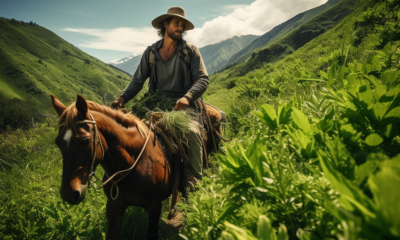
 Agriculture2 years ago
Agriculture2 years agoWhy Small Alternative Tropical Agriculture is the Best Investment Today
-

 Special Elements6 years ago
Special Elements6 years agoBest Garlic Vine Rankings, Benefits, Side Effects & Experience
-

 Special Elements3 years ago
Special Elements3 years agoBest Pre-Workout Supplement Rankings, Benefits, Side Effects & Experience
-

 Special Elements3 years ago
Special Elements3 years agoBest Cassava Manioc, Rankings, Benefits, Cancer Cure & Experience
-
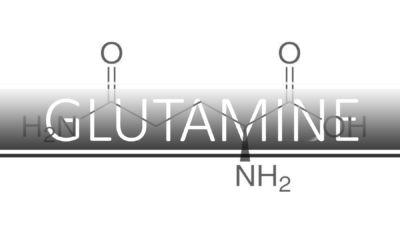
 Special Elements3 years ago
Special Elements3 years agoBest Glutamine Rankings, Benefits, Side Effects & Experience
-
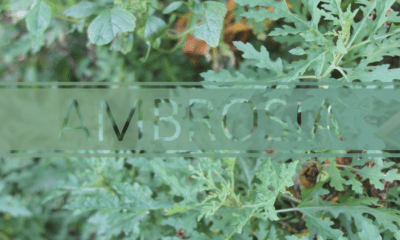
 Special Elements5 years ago
Special Elements5 years agoBest Ambrosia, Wormwood Rankings, Benefits, Side Effects & Experience
-
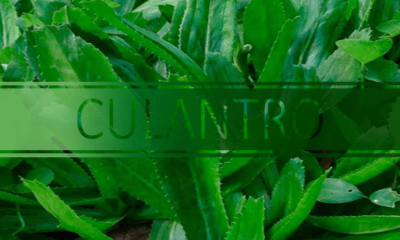
 Special Elements6 years ago
Special Elements6 years agoBest Culantro Rankings, Benefits, Side Effects & Experience
-
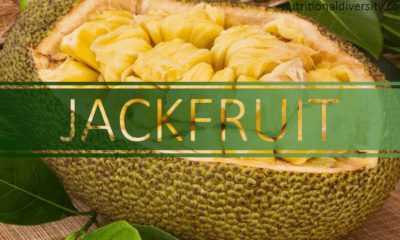
 Special Elements5 years ago
Special Elements5 years agoBest Jackfruit Rankings, Benefits, Side Effects & Experience




















